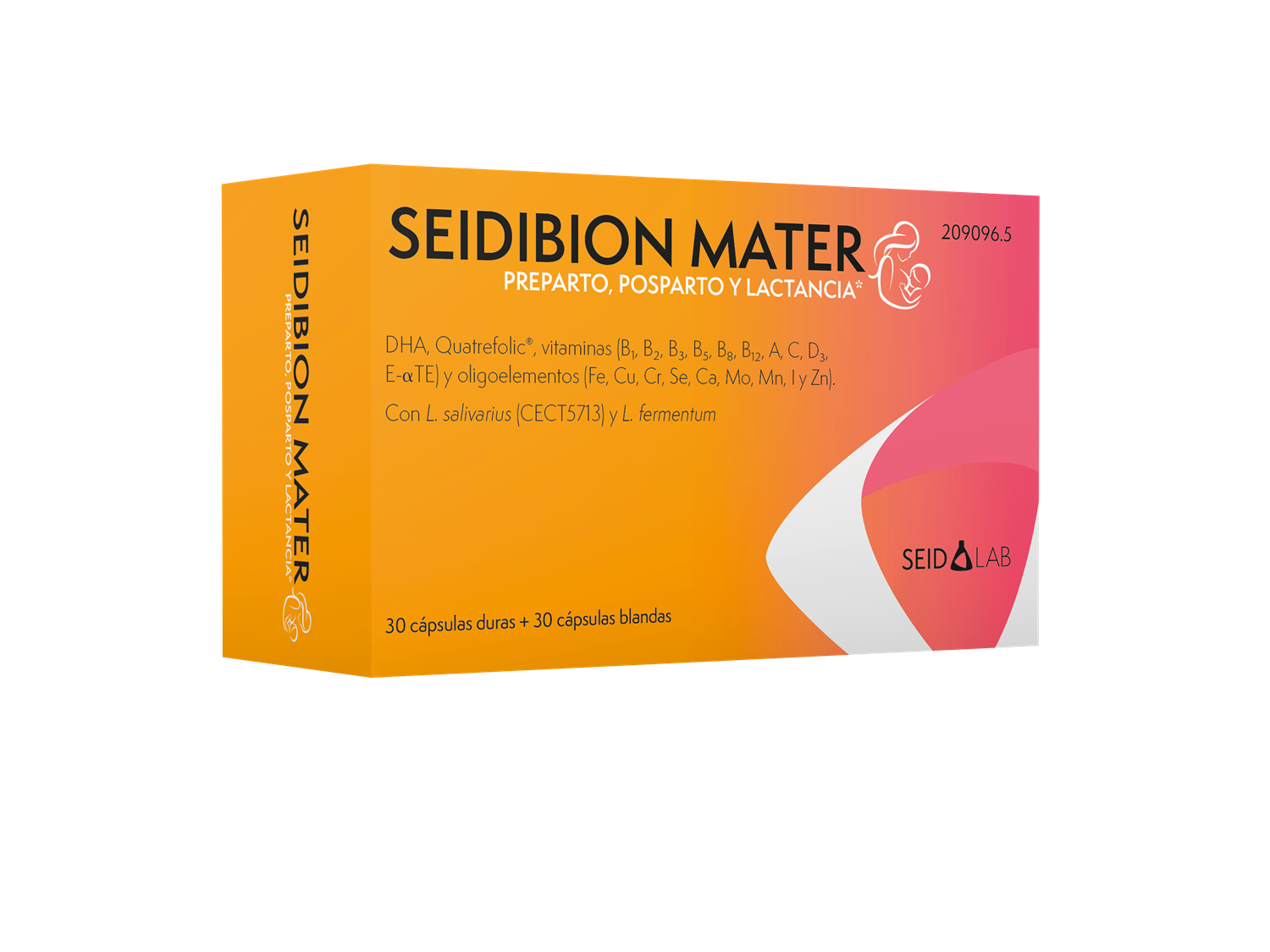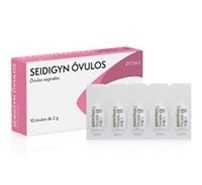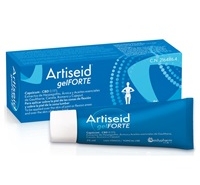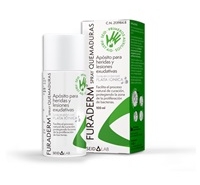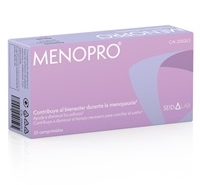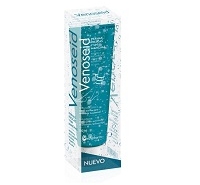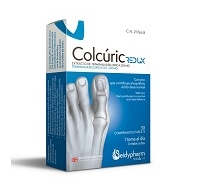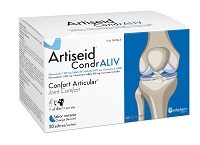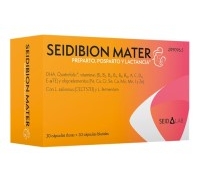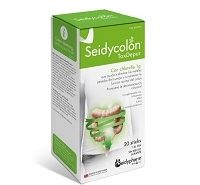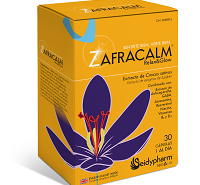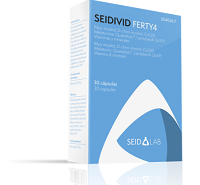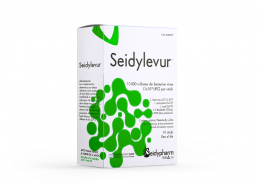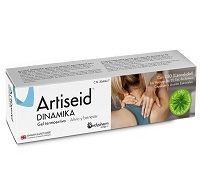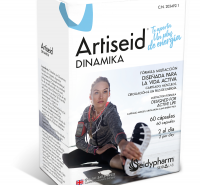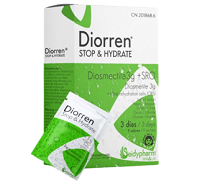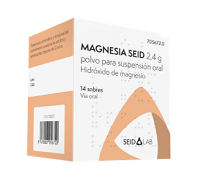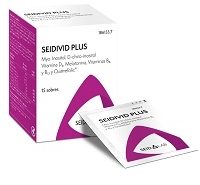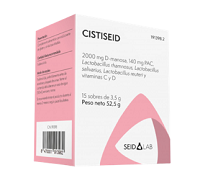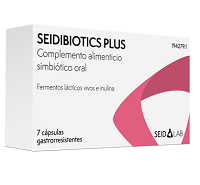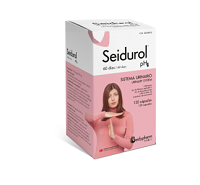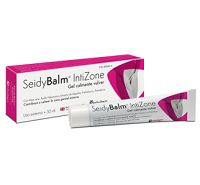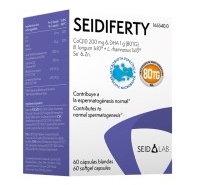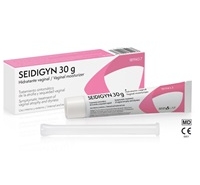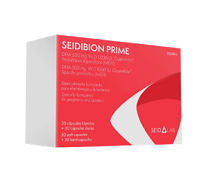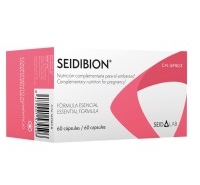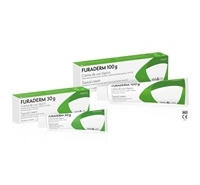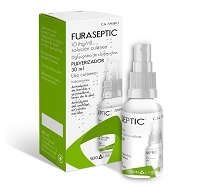SEIDIBION® MATER is a nutritional supplement specifically developed to restore the balance of nutrients in women after the depletion of micronutrients following pregnancy, childbirth and the puerperium, as well as to prepare the breast structures for breastfeeding, thus helping to prevent infections (mastitis) and contributing to reduce the frequent inflammatory discomfort derived from breastfeeding (due to stasis or accumulation of milk, or suction).
Why is it advisable to start taking SEIDIBION® MATER from the last weeks of pregnancy?
Most breast infections (mastitis) occur during the first weeks of breastfeeding. Available clinical studies show that the probiotic ingredient L. fermentum and L. salivarius (which is effective in preventing these infections) reaches the mammary ducts three weeks after its first oral intake. For this reason, to ensure maximum protection at brestfeeding from the very beginning, it is recommended to start taking this product during the last weeks of pregnancy (Ideally, from week 36).
It is recommended to continue taking SEIDIBION® MATER throughout the breastfeeding period or as advised by your gynecologist, midwife or pharmacist.
SEIDIBION® MATER contains high concentrations of DHA (200 mg omega 3), vitamin D3(800 IU), folic acid : Quatrefolic® (400 μg) , calcium (120 mg), iron (14 mg) and iodine (200 μg) and other vitamins (B1, B2, B3, B5, B8, B12, A, C y E) and trace elements (copper, chromium, selenium, molybdenum, manganese and zinc) in order to restore basic nutrient losses after pregnancy, childbirth and during breastfeeding. This nutritional depletion (for the mother) is particularly intense during lactation.
SEIDIBION® MATER also contains 1.000 million colony forming units (1×109 CFU) of Lactobacillus salivarius (CECT5713) and 3.000 million colony forming units (3×109 CFU) of Lactobacillus fermentum, Probiotic species that have demonstrated efficacy in the prevention of mammary infections (mastitis) and, also as a treatment for inflammatory discomfort derived from the accumulation of milk in the ducts or due to the effect of suction

